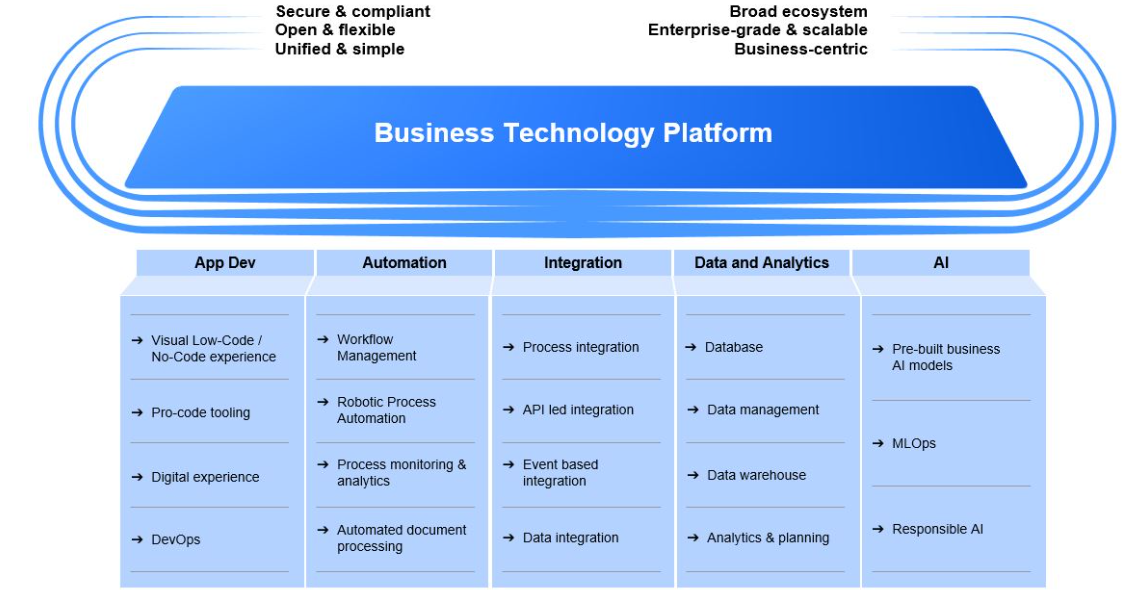The adoption of cloud-based SAP has experienced a meteoric rise in popularity over the past few years, and for good reason. The cloud offers a number of benefits, including improved scalability, more adaptability, decreased costs, and increased levels of security. Before commencing the setup process for SAP on the cloud, however, there are a number of important factors that need to be carefully examined.
Finding the Right Cloud Service Provider for Your Needs
When shifting SAP to the cloud, the first thing that has to be done is to select a cloud service provider that can be relied upon. It is absolutely necessary to choose a cloud provider that has a proven track record of accomplishment in successfully supplying the tools and knowledge that are necessary for a successful SAP implementation. It is also essential to consider about where the provider is situated, since various countries have varying restrictions on data sovereignty. This may influence your ability to store and access data, so it is important to think about where the provider is located.
Transfer of Information
The installation of SAP cloud cannot be considered finished until the data migration procedure has been successfully completed. Consider the amount of resources and the amount of time that will be required to migrate your data, in addition to the data’s size and complexity. As part of the planning process, you should also consider how the transfer of data will influence the day-to-day operations of the firm.
Companies who want to shift SAP to the cloud face a significant challenge in the form of concerns about the loss and theft of data. When selecting a cloud provider, it is imperative that you give serious consideration to the level of security offered by the potential vendor’s service, as well as any additional security procedures that may be required. A few instances of this include the implementation of numerous authentication methods, the utilization of encryption, and the performance of routine security audits.
Compliance
Compliance is something that needs to be taken into consideration by businesses who want to shift SAP to the cloud. Check to see that the implementation you and your cloud service provider have chosen to use is compliant with any applicable standards and regulations. There is a possibility that this may involve data privacy regulations such as the General Data Protection Regulation (GDPR) and industry-specific standards such as the Health Insurance Portability and Accountability Act (HIPAA).
Scalability
Scalability is an essential consideration to make before settling on whether or not to utilize SAP on the cloud. Check to see that the cloud computing service provider you choose can meet the ever-increasing demands of your growing company. A few instances of this would include the availability of several cloud service providers as well as the adaptability to rapidly add or remove resources depending on the need.
When considering a transition to SAP in the cloud, businesses need to be sure to pay serious consideration to the integration process. Make sure that the cloud-based SAP solution you choose is compatible with the customer relationship management (CRM) and human resources management (HR) software you already use. As a consequence of this, there will be an overall improvement in terms of both production and effectiveness.
In addition to Backing and Repairs
It is important for companies that use SAP on the cloud to investigate their support and maintenance options thoroughly. It is essential that the cloud provider you choose offer the necessary support and maintenance services if you want your SAP deployment to be a success and for it to run properly. This may include delivering updates, addressing issues, and responding to inquiries pertaining to technical matters.
To summarize, the deployment of SAP on the cloud has the potential to provide businesses a number of benefits, including scalability, adaptability, cost savings, and security. Having said that, the achievement of a successful deployment is contingent on the careful consideration of a number of significant factors, including the cloud service provider that is selected, the data transfer, security, compliance, scalability, integration, support, and maintenance. With the aid of a cloud-based SAP configuration that takes into consideration these essential factors, businesses may be better able to adjust to the ever-changing expectations of their customers and keep a competitive advantage in the current market.



